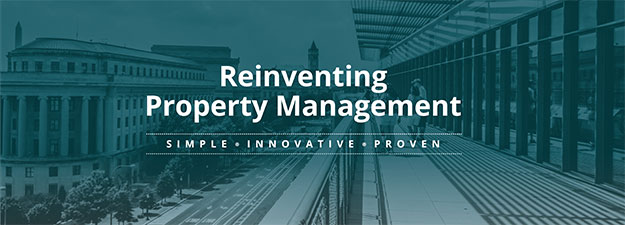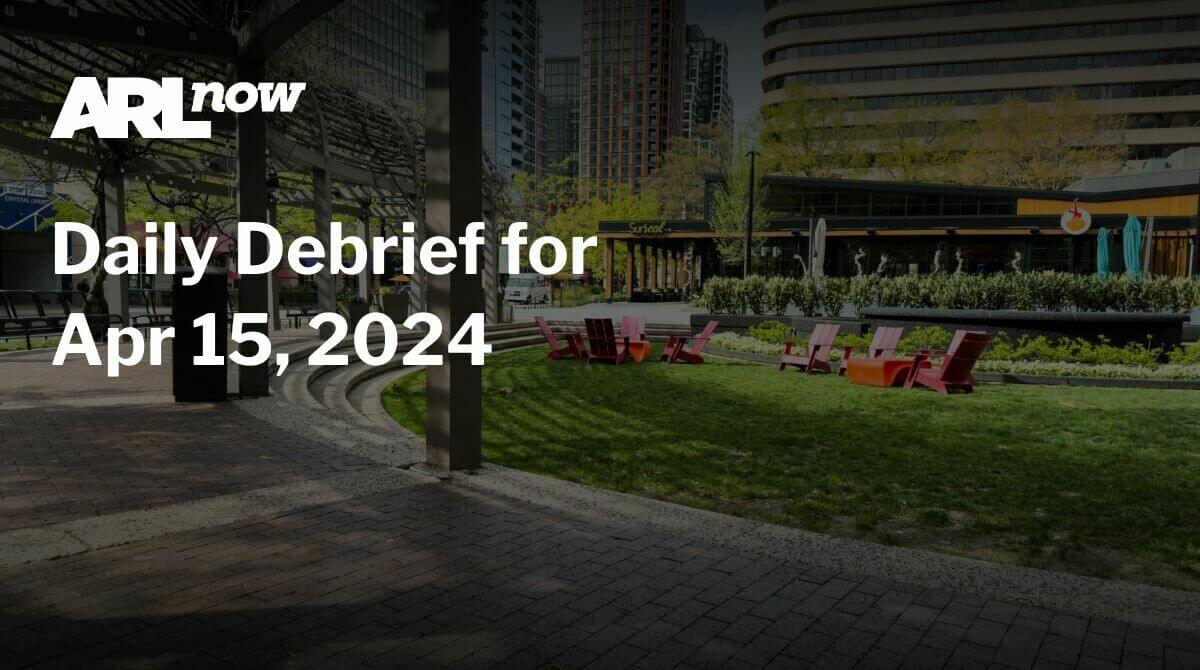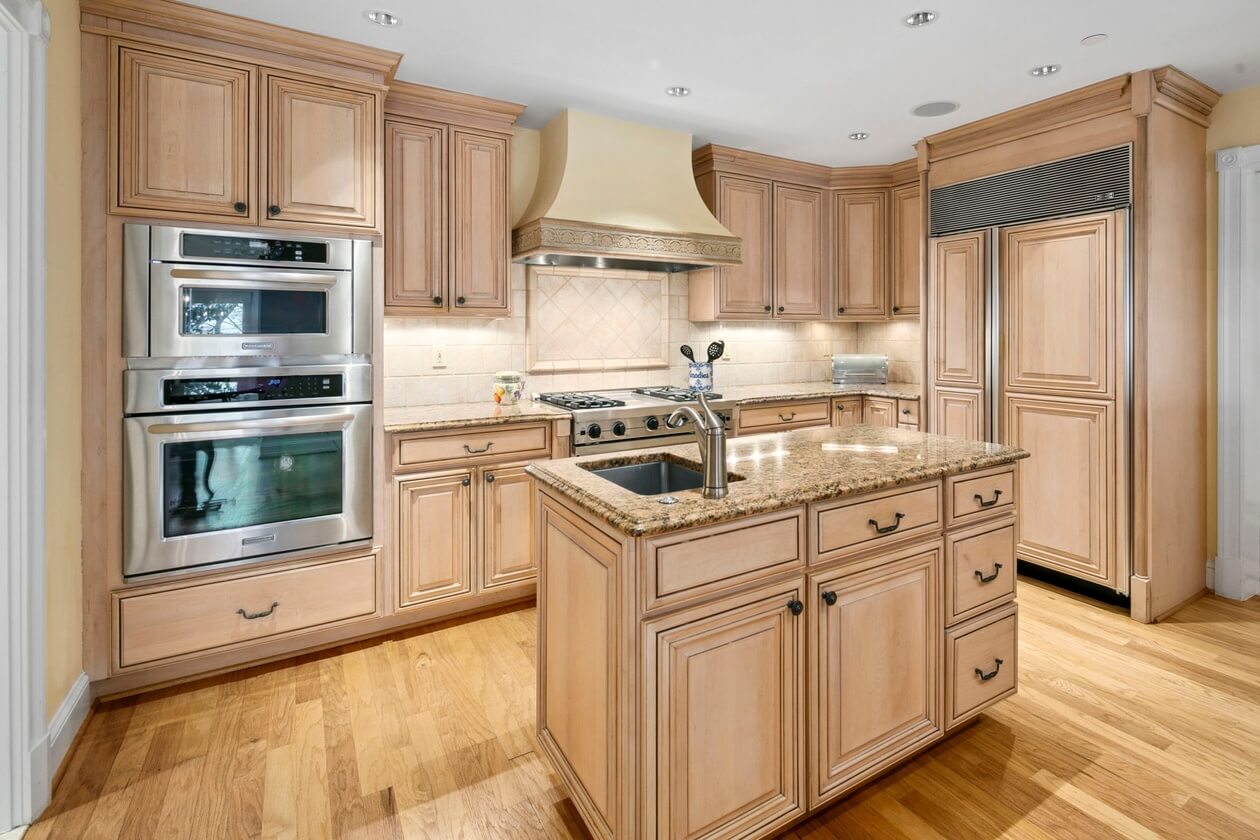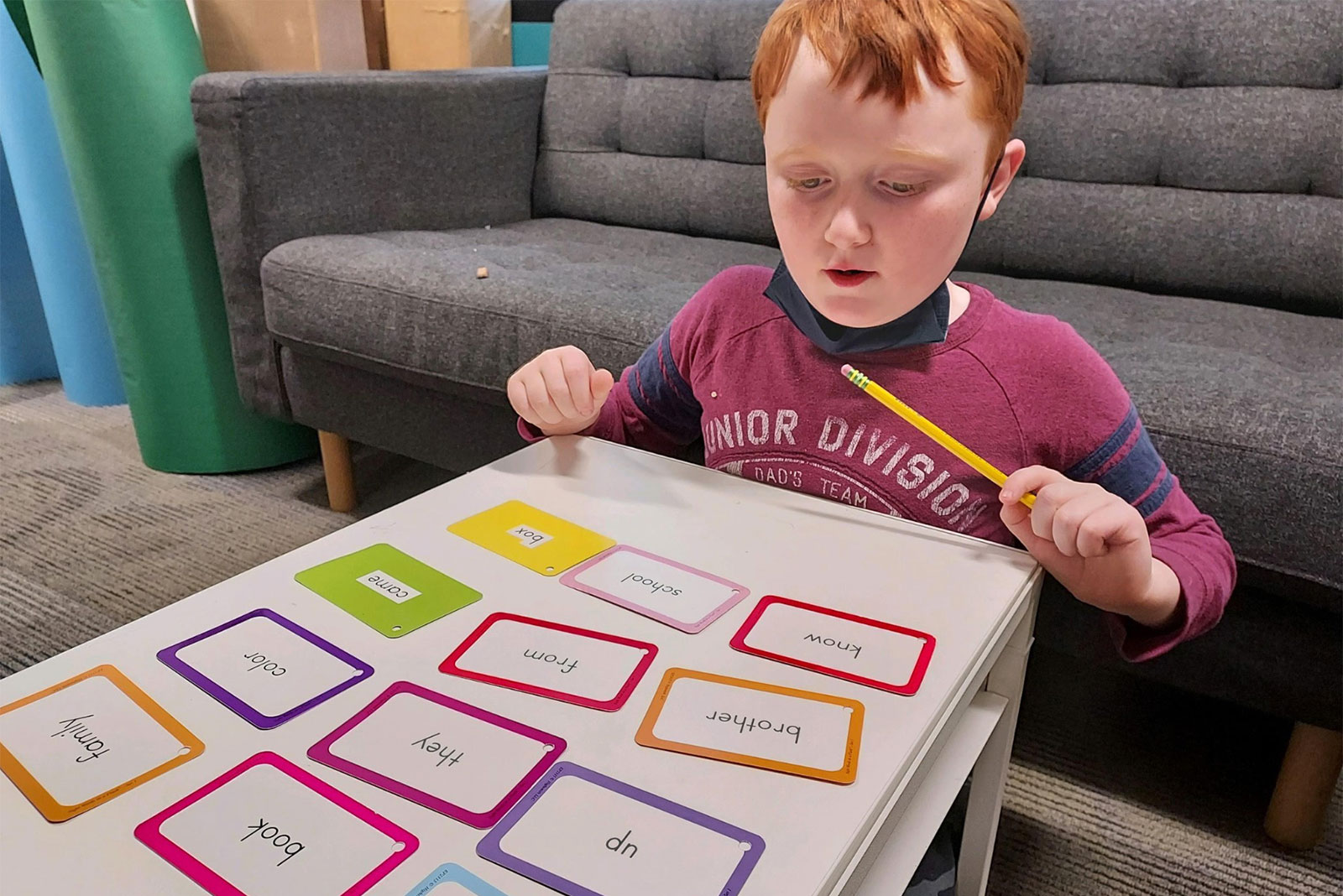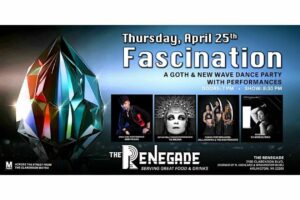This biweekly sponsored column is written by the experts at Gordon James Realty, a local property management firm that specializes in residential real estate, commercial real estate and homeowner associations. Please submit any questions in the comments section or via email.
Pop-up stores are popping up everywhere.
The pop-up retail phenomenon, once known as flash retailing, has grown in recent years. A pop-up store is a short-term, temporary business that sets up shop in an unused open space, storefront, or within an existing store. It is rented for a fraction of the cost of a long-term space and is a cost-efficient way for a retailer to increase its brand awareness and make a profit. A retailer will rent a pop-up space for as little as one day to upwards of a few months.
Standalone pop-ups come in many shapes and sizes and are found at different locations. They can include vendors, restaurants, and exhibits. Pop-ups sell almost anything: books, art, clothing, cosmetics and beauty supplies, jewelry, music, art, food, and seasonal items. They are set up where there is much foot traffic (due diligence will help a retailer choose an accessible, busy location.) These pop-ups can be located in a marketplace–such as a stand at a crafts fair or farmer’s market–or inside a shopping mall that embraces pop-ups as a way to fill vacancies and keep shoppers coming back. They can also operate as a gallery space, standalone kiosk, college campus store, a collection of tables in a parking lot or on a side street, a booth or a tent in a public park or town square, or a food truck or motorized vehicle.
While the concept is popular among small business owners, major retailers such as Walmart, Toys “R” Us, Ann Taylor, Nike, Target, and Lexus have integrated pop-up concepts into their marketing strategies to extend their brands.
An example is Toys “R” Us, which has 30 outlet center pop-up stores. Toys “R” Us started opening pop-up outlets in 2010. On July 1, it opened a new location at the Jersey Shore Premium Outlets in Tinton Falls, NJ. Its outlet stores average 2,500 to 5,000 square feet. The store features products not found at its brick-and-mortar or online sites.
A building owner is likely to be willing to rent out storefront space to a pop-up retailer for a short time rather than not rent it out at all. Also, the owner still has the chance to book a higher-paying tenant later on.
Another pop-up trend is the “store within a store” in which space is rented to a retailer within an established store. This helps the store owner offset rent. In this scenario, pop-up retailers often will match their wares with the building owner’s merchandise.
An example is at Nordstrom, which hosts its own “Pop-In@Nordstrom” specialty pop-up shops, which are a recurring series of retail products not typically found in a Nordstrom store. Jewelry retailer BaubleBar, which began as an e-commerce retailer, opened a pop-up within Nordstrom department stores before recently expanding into its own retail shops. And in 2015, London-based designer goods retailer Liberty set up within five U.S. Nordstrom locations. Another example is in New York City, where menswear retailer Rothman’s added a 750-square foot pop up shop inside its Park Avenue location to host emerging designer brands. Rothman’s rotates its pop-up tenant every six weeks. Other retailers such as Best Buy and Sears have also been successful integrating pop-ups.
There are a number of benefits to pop-ups. They can provide a starting point for someone just starting out in retail who is looking to generate brand awareness or experiment selling different products. They also give a digital retailer an opportunity to engage its customer’s offline.
Customer engagement is a strong reason to open a pop-up shop. As with commercial real estate, location is the key. A pop-up retailer has the advantage of identifying locations where customers are most likely to be, thus providing built-in foot-traffic. Scouting out the location will also identify if there is parking nearby and whether the location is accessible by public transit.
A pop-up space provides a move-in ready small space without the concerns of committing to a long-term lease, getting insurance, managing staff, and operating much equipment. Typically there are fewer costs on inventory, equipment, physical appearance, and labor. Some pop-ups serve as stepping-stones to permanent business locations, thus helping a local economy.
A critical step for a pop-up store is having a budget. This includes budgeting for inventory and rent, the design of the space, marketing and promotion, a window display and signage, Internet access, and even food and beverages for customers.
There are pop-up pitfalls. Some of the most common are the wrong location; not promoting the event on social media; not distributing flyers and promotional material in nearby cafes and shops; not having a launch event (think food and balloons); not having a window display or signage; not installing Wi-Fi; not having a welcoming atmosphere; not scheduling setup and breakdown time; and staying in a location too long.
There are organizations that help pop-up shops get set up. Launched in 2012, Chicago-based PopUp Republic has helped promote 30,000 pop-up shops, restaurants, events, and spaces and has worked with large brands to create and execute pop-up concepts. Pop-up retailers can visit PopUpInsider.com for lists of available pop-up spaces, and Storefront.com helps brands find temporary retail space from commercial real estate owners. Popupmarketplace.com allows property owners in need of tenants to list their temporary pop-up spaces. New York-based Lionesque Group is a pop-up architect and has produced award-winning pop-up shops for large brands.
According to a PopUp Republic poll, pop-up shoppers look for unique services and products, localized assortments, optimal pricing, convenience, and a fun experience.
For Washington D.C. business owners who lack resources and finances, pop-ups provide a viable and creative alternative to an expensive retail space. Recently, Washington D.C. pop-ups have grown in appeal. For example, in June digital fashion retailer ModCloth set up a pop-up inside the old Urban Chic space in Georgetown for a one-month stint. Today, Washington D.C. pop-ups offer products and services that include fashion, cosmetics, arts and crafts, farmer’s markets, beads and jewelry, eateries, coffee, chocolate, bike repair, and even supper clubs.
Both small and large retailers are embracing the pop-up trend. A pop-up store is an exciting and creative way for new retailers to test the waters, or for existing retailers to expand their niche. Having a brand, budget, and a location will give retailers the keys they need to pop-up success.
Recent Stories
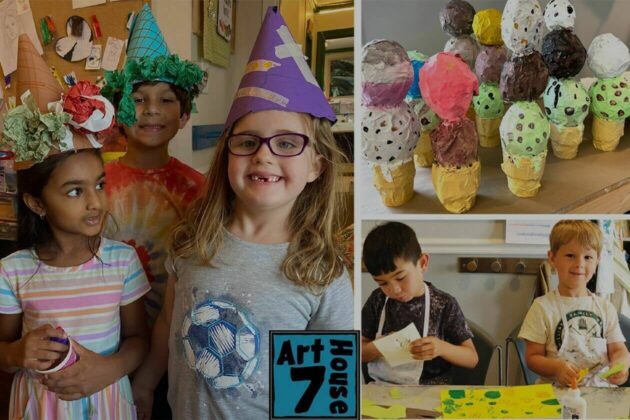
Still planning for summer camps? Check out the great variety of art projects and fun teachers at Art House 7 in Arlington. We have morning, midday, and afternoon weekly camps for ages 5-13. Among our themes: Clay Creations; Animals Around the World; Arts & Crafts; Draw, Paint & Sculpt Faces & Animals; Drawing & Printmaking. We’ve recently added PaperPalooza (paper making and bookmaking) and Jewelry camps. You can see all our listings on our website.
Art House 7 has been a haven for artists of all ages since 2015, offering classes, camps, and workshops. We’re located on Langston Blvd. near the Lee Harrison Shopping Center. We have an ample 2-story studio, and plenty of free parking.
Weekly camps at Art House 7
– June 17-Aug. 9
– Camp times: 9-11am, 11am-2pm, 2:30-4:30pm
– Ages 5-13
5537 Langston Blvd., Arlington VA 22207
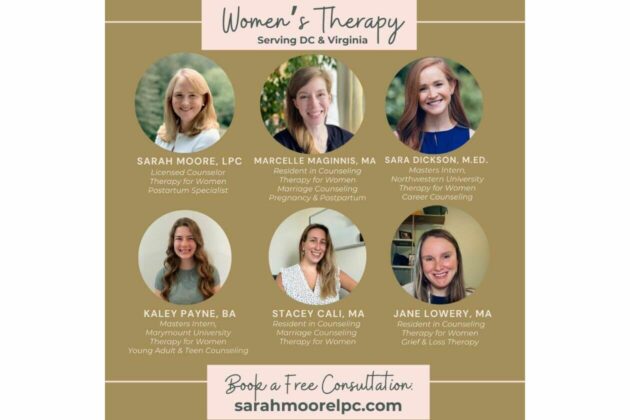
Sarah Moore, LPC, is a therapy practice specializing in women’s mental health across various life stages.
We work with women, couples and teens in Virginia and Washington, DC. online and at our office at 1530 Wilson Blvd. in Arlington.
Our specialties include Cognitive Behavioral Therapy (CBT), the Gottman Method for couples and the Path to Wellness for pregnancy and postpartum.
Many of our clients are experiencing major transitions in their lives, either personally or professionally — or at school. A good portion are athletes. And many are caretakers.
Fascination
Goth-Dark Wave Dance Party with Belly Dancing and Drag King Show.
Part of OurAlternative Thursdays for Alternave People with Alternative Lifestyles
Performances By
Belladonna and the Nightshades
Ya Meena
Drag King - Ken Vegas
DJ Michelle Guided
National Chamber Ensemble – Concerto Celebration
We invite you to join us for an extraordinary evening of music at our Season Finale, “Concerto Celebration”! Enjoy several masterworks as NCE performs two famous concertos in an intimate chamber music setting, opening with a delightful work by Chevalier


